DAILY REVIEW
April 10, 2016
When One Door Opens by Alison Coates
Personally, I’ve seen enough multifarious hula hoops and twisting silk acrobatic ropes to last me a life time, and every time I go to the circus now, even it’s one as good as Circa, I sit back and mentally challenge them to entertain me. After all, how many variations are there on Reeling and Writhing and Fainting in Coils, and do we really need any more?
There are two kinds of circus that do manage to impress; the cunning array of stunts that we get from the big, no-expense-spared, international touring companies from China and Russia, and the narrative variety where you can at least follow the story and ponder the young performers who can manipulate their bodies into impossible positions. Ouch, that must hurt!
Circa, a little Brisbane company now ten years old, combines both these kinds of circus and adds a dash of hot spice to make something we’ve never seen before. They’ve toured 34 countries across six continents to rapturous receptions, and yes, I know they all say that, but in this case it’s true.
In the case of this latest show, When one door closes, I wished that there could have been more young people in the audience instead of just the (madly appreciative) middle-aged people who packed the Roundhouse on the second night. Because this is the kind of acrobatic theatre that has you wanting to say to energetic young people “do try this at home” – or at least on the beach or somewhere with a soft landing.
There’s nothing soft and romantic about any of it – it’s often brutal, has a strong feminist element, and is highly political. Four men, three women, in coloured sparkles that must have drained Paddy’s Market of their entire glitter stock, the guys in dark blue shorter-than-shorts and the girls in wigs of quite alarming shades of lolly pink, bright orange and blood scarlet, did everything you’ve ever seen before but far more vigorously, literally charging at each other and throwing bodies across the stage so that I, for one, was physically wincing, with an edge of brutality that makes a footy crowd brawl look tame.
There’s a kind of story here, with oblique references to some of Ibsen’s put-upon heroines who quietly leave their gilded cages and change to world. Nora, Hedda Gabler and Miss Julie aren’t differentiated by character, but are tokens of feminine opposition to domestic violence that gradually made the new western world. But it’s not a straightforward narrative where you can sit back and follow the story. For once the point has been made and the background situation set, there’s nothing to do but admire and gasp with astonishment and sometimes real fear — especially when the bruises on some of the girls’ perfect white legs are there, bold and vivid, for everyone to see.
Some props are indispensible, of course, like the hula hoops, which here enclose the four men by the neck as they perform as one inside them; people flying through the air with the greatest of ease from each other’s shoulders; and a long straight swing not high in the air with a safety net, but at eye level so you can see everything up close and personal.
Not a tutu in sight, no frills and furbelows (or even on top), nothing but sheer physical perfection of energy, and if once in the show someone dropped a ball during an act, that just made it all the more real.
Nathan Boyle, Martin Evans, Nicole Faubert. Bridie Hooper, Todd Kilby, Brittannie Portelli and Duncan West are the performers, and they all have that rough energy and slightly threatening physical presence that mark out Circa’s unique style. The production team, too many to name individually, create for them a dark brooding environment to work in, and Yaron Lifschitz and Libby McDonnell are a directorial dream team.
Take your children and your grandchildren, persuade every twenty-something you know to go along, for this is dance in all its rawness and astonishment which makes you realise the sheer wonder of the human body.
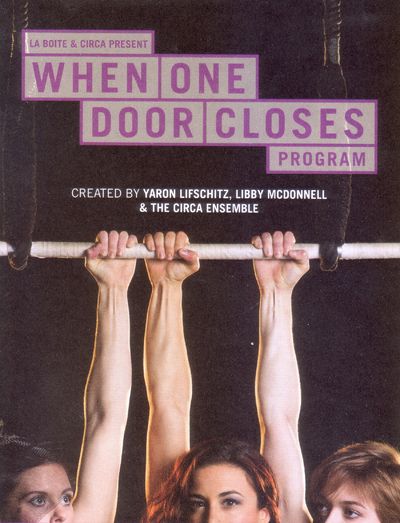
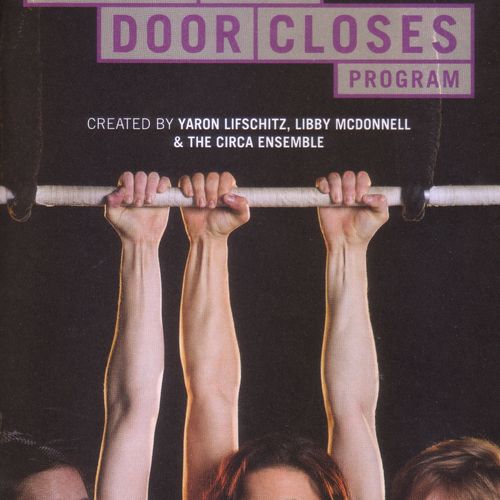
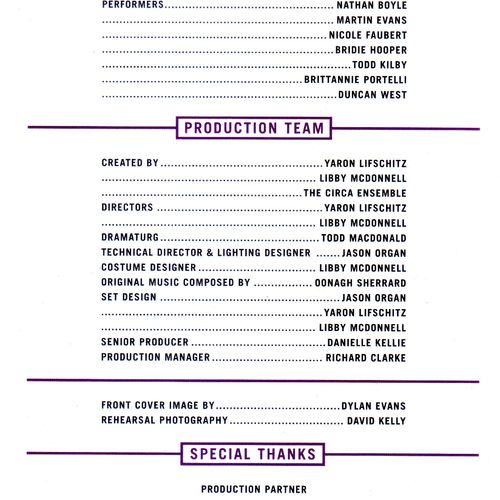
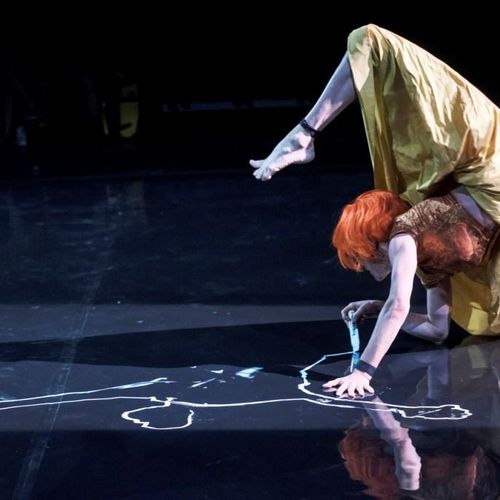
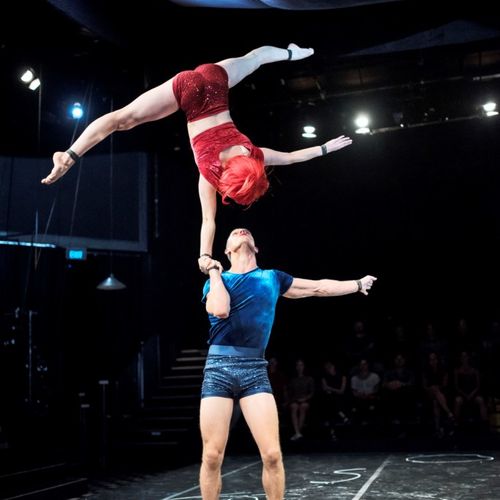
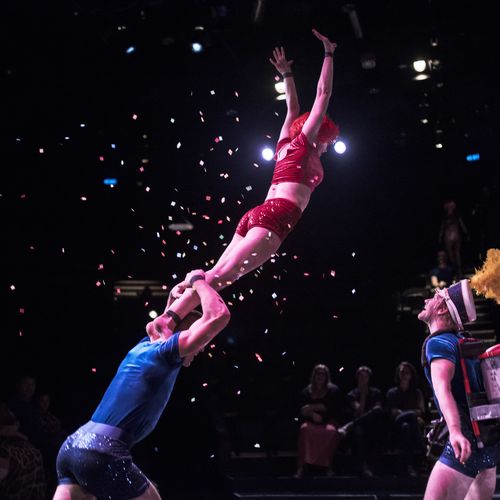
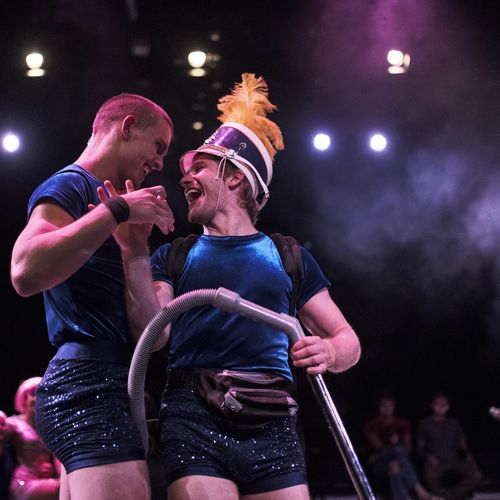
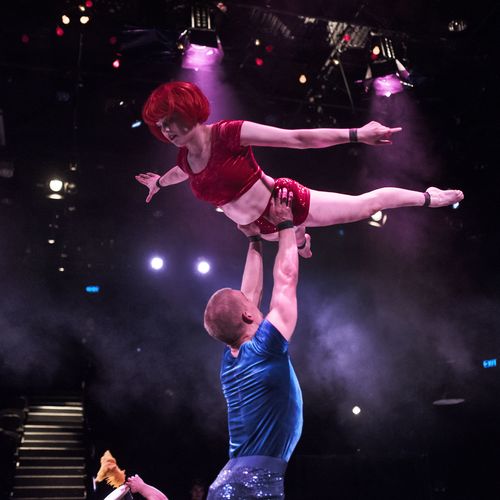
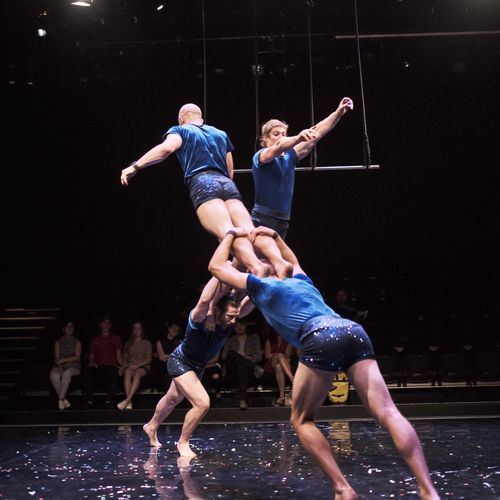
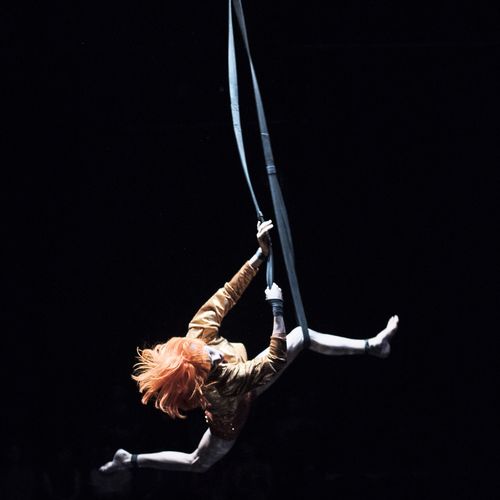
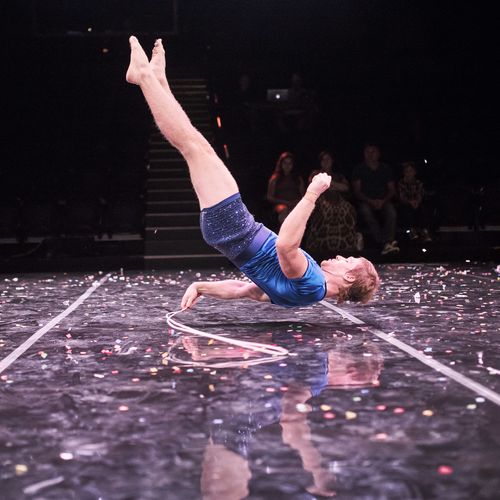
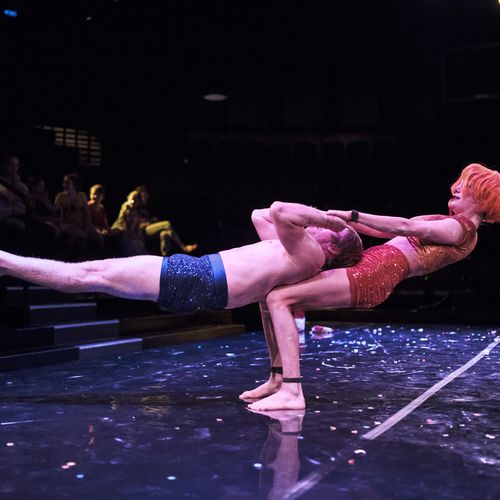
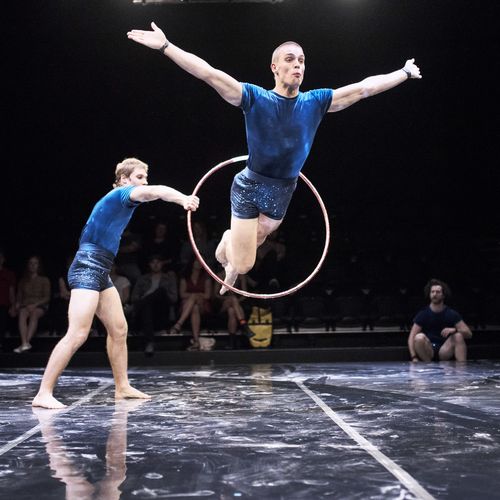
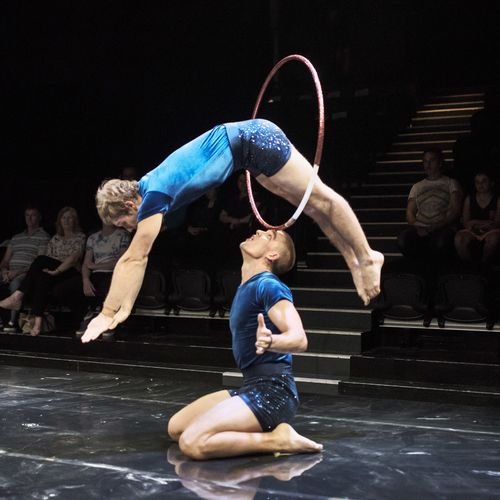
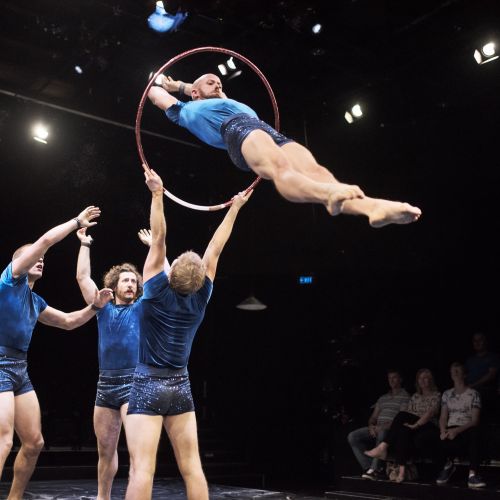
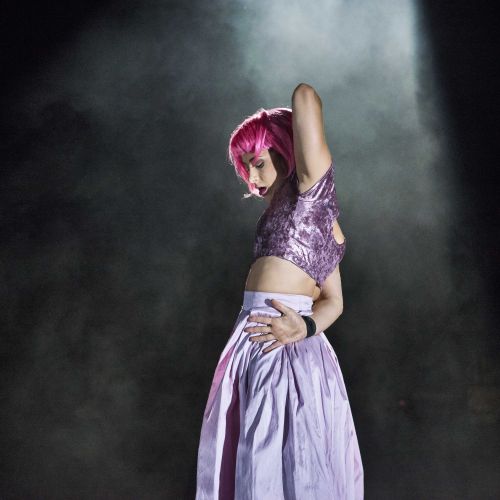
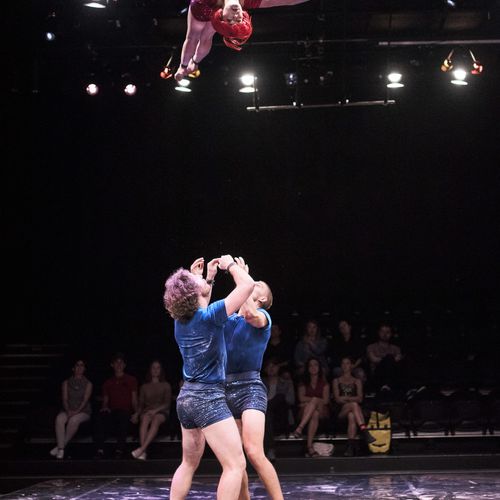
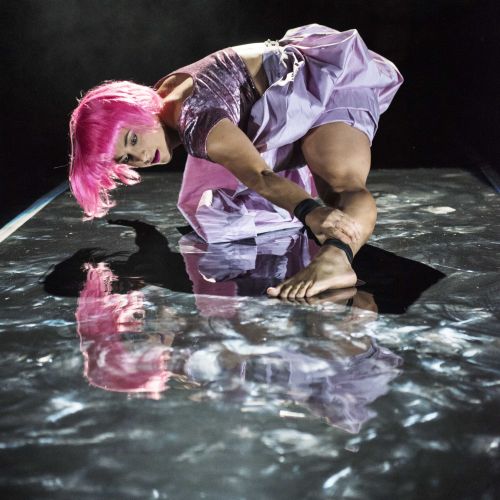
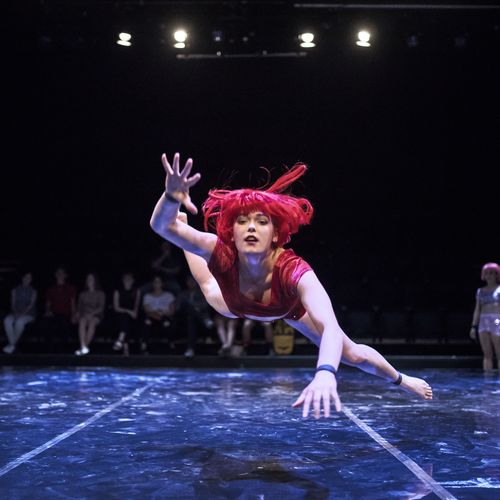
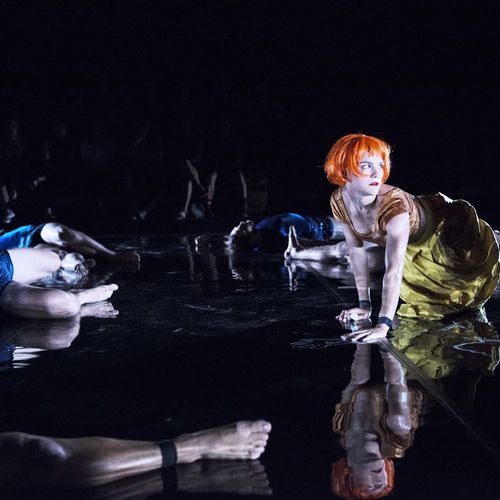
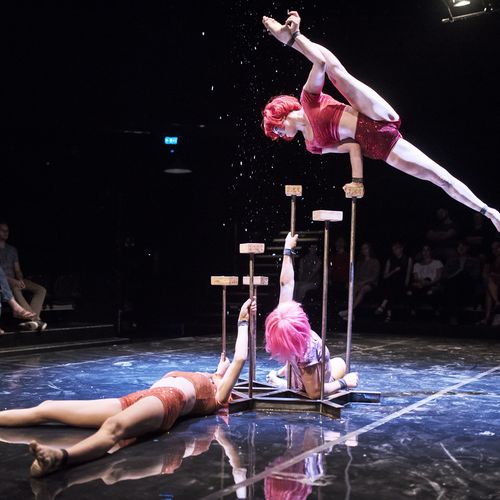
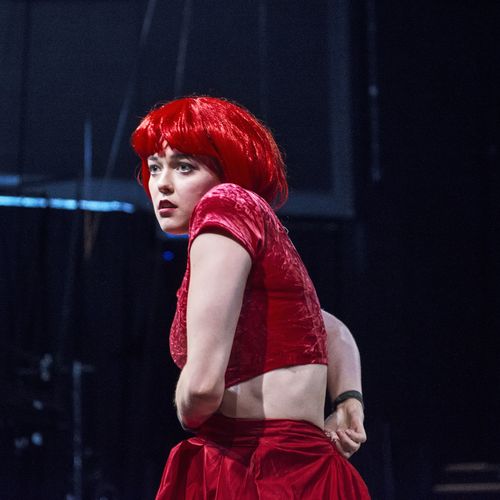

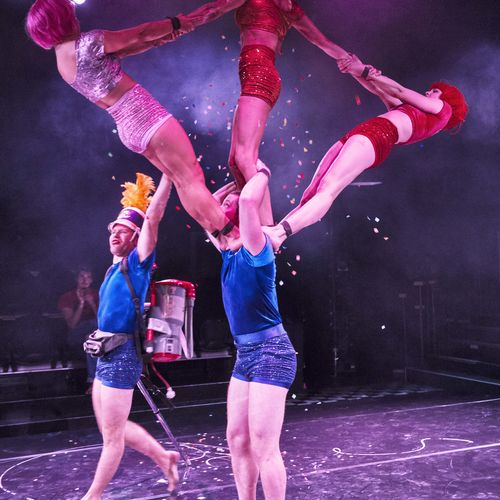
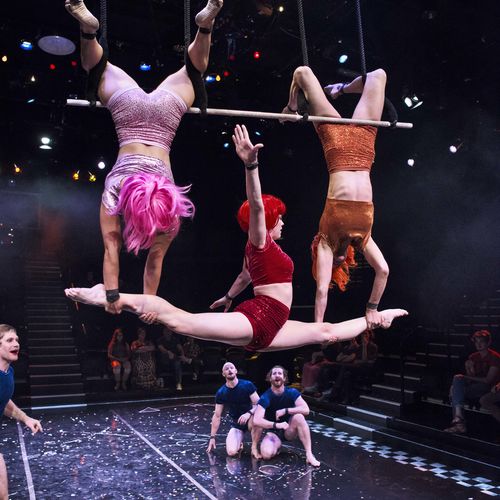
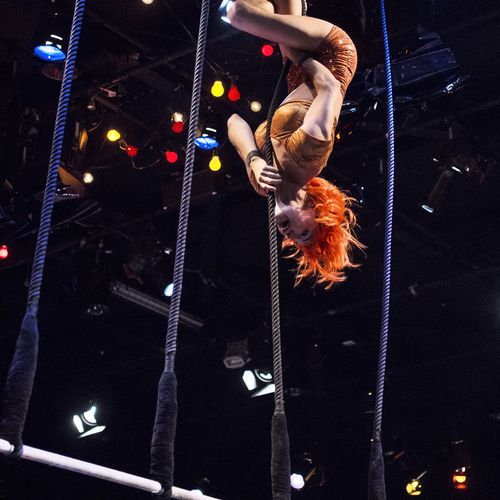
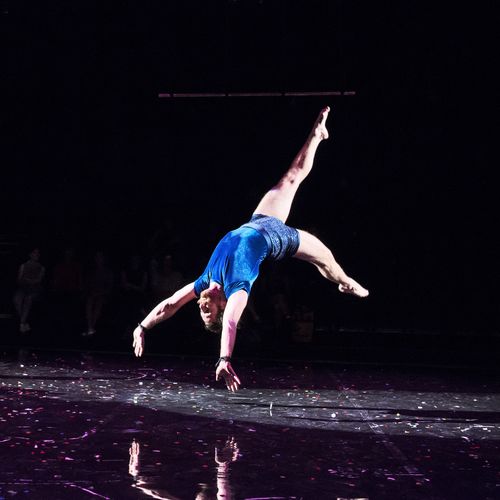
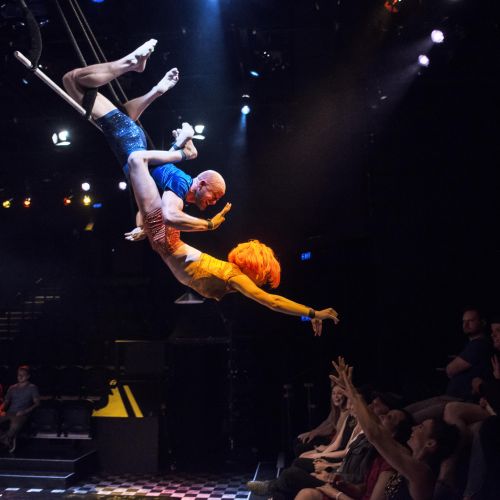
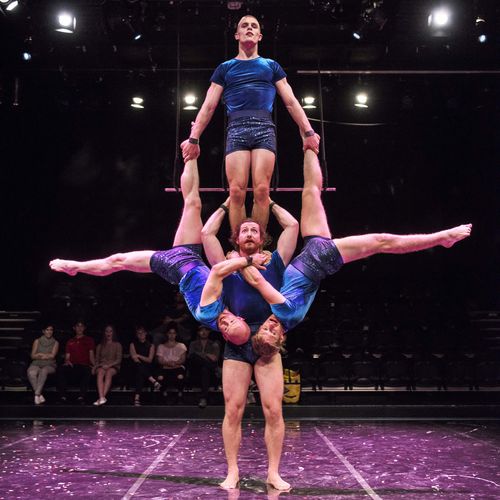
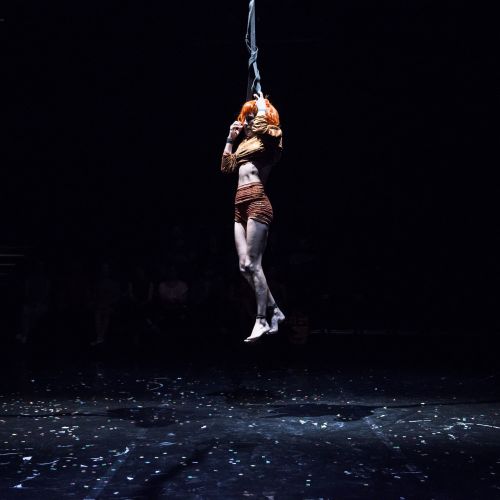
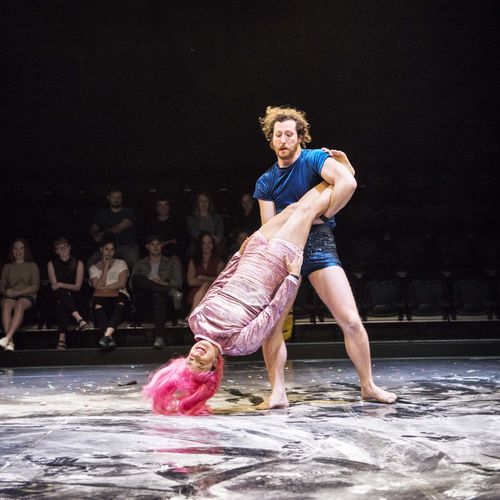
Tell us your story